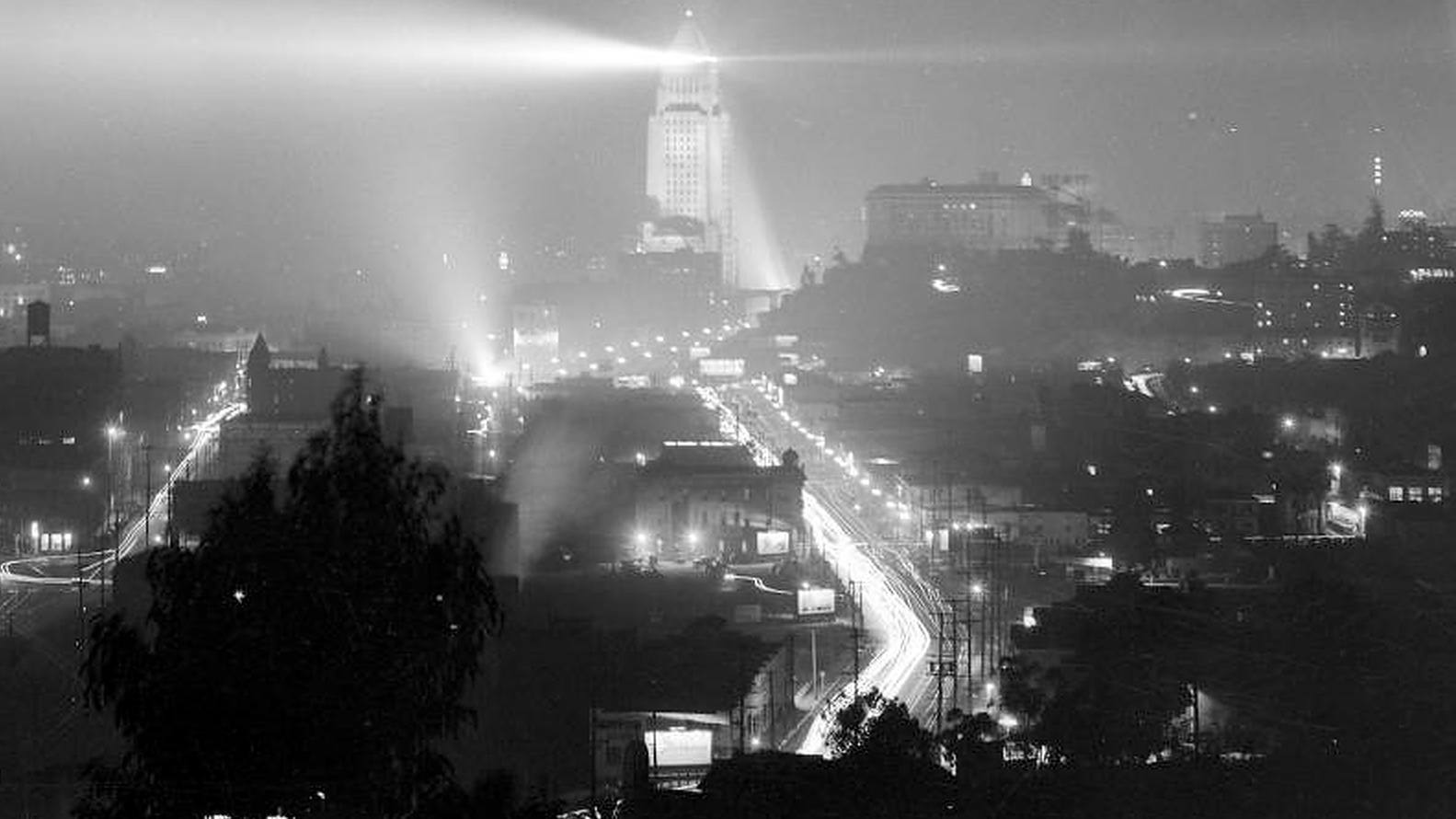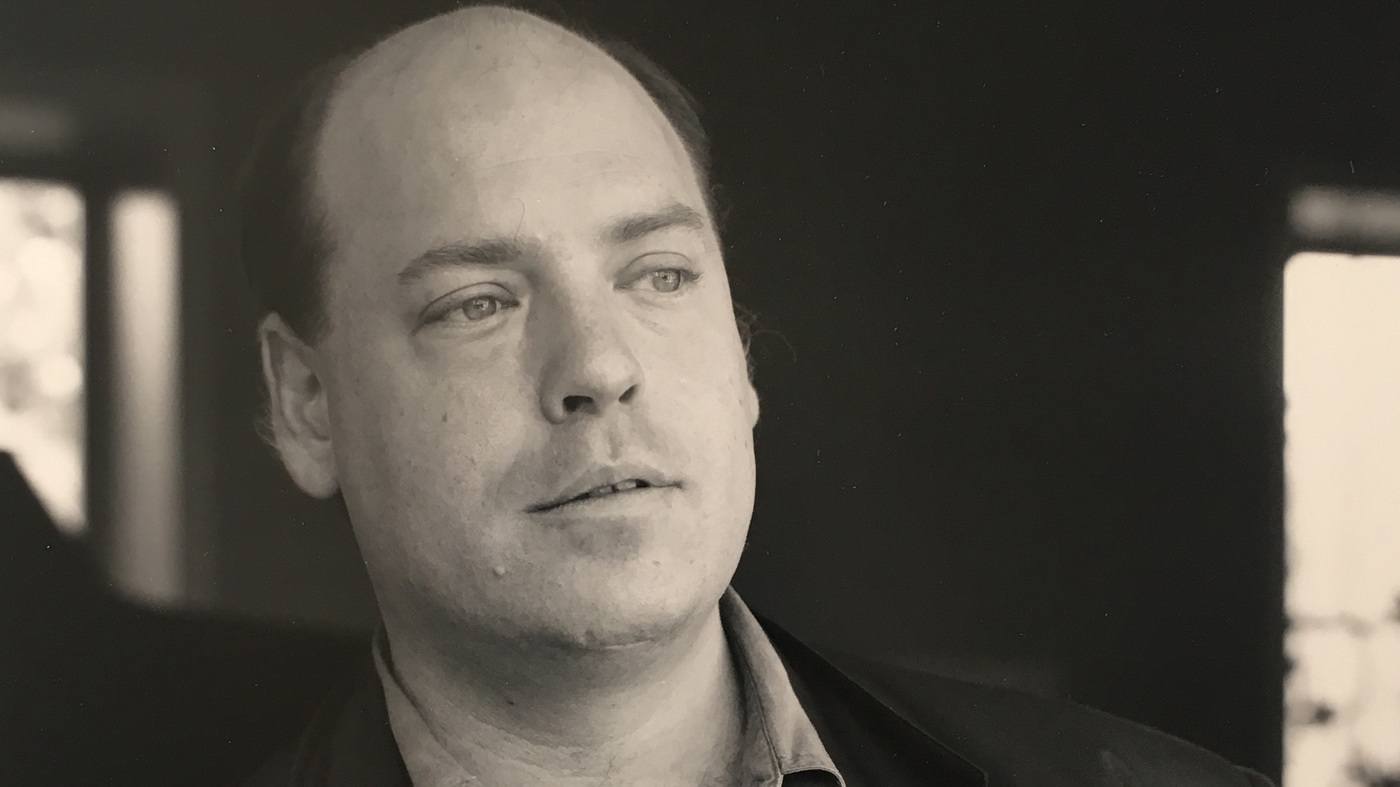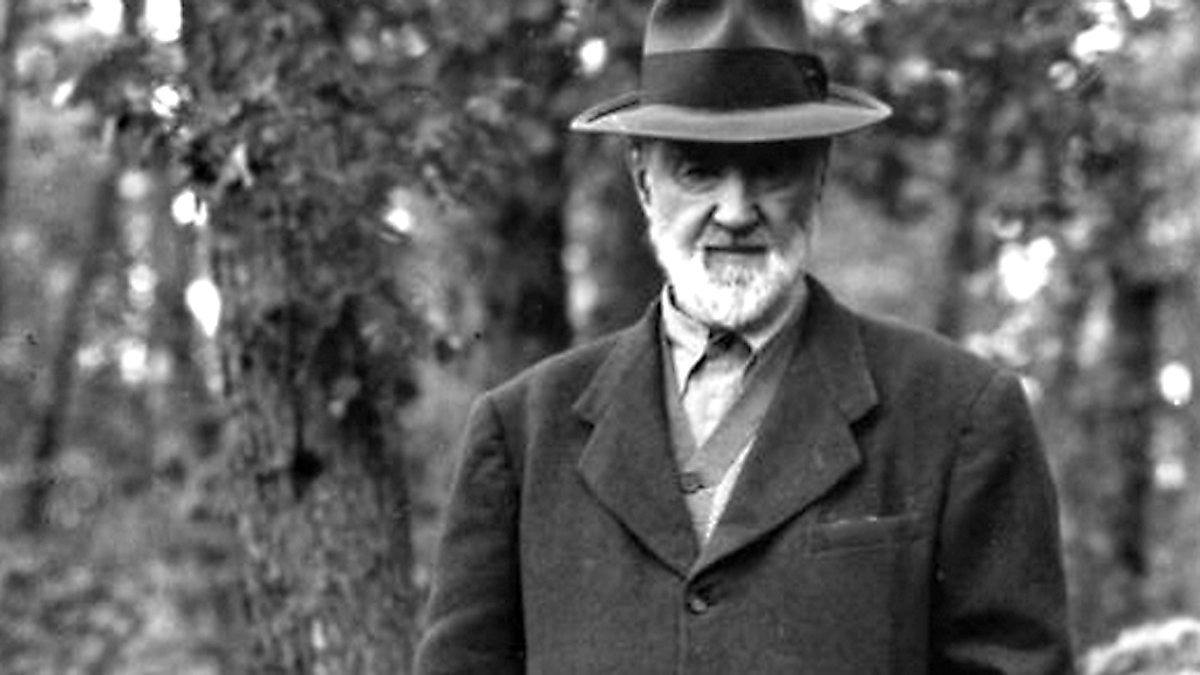“The Black Gondola”: Liszt’s Haunting Memorial to Wagner
Earlier in the month, we listened to music from Wagner’s iconic 1865 opera, Tristan und Isolde, and explored its influence on later composers such as Claude Debussy. With its distinctively dissonant “Tristan chord,” this is music which, for many theorists, marked the beginning of the “dissolution of tonality” and opened the door to the tone rows of the twentieth century. Franz Liszt’s haunting solo piano work, La lugubre gondola (“The Black Gondola”), is filled …







